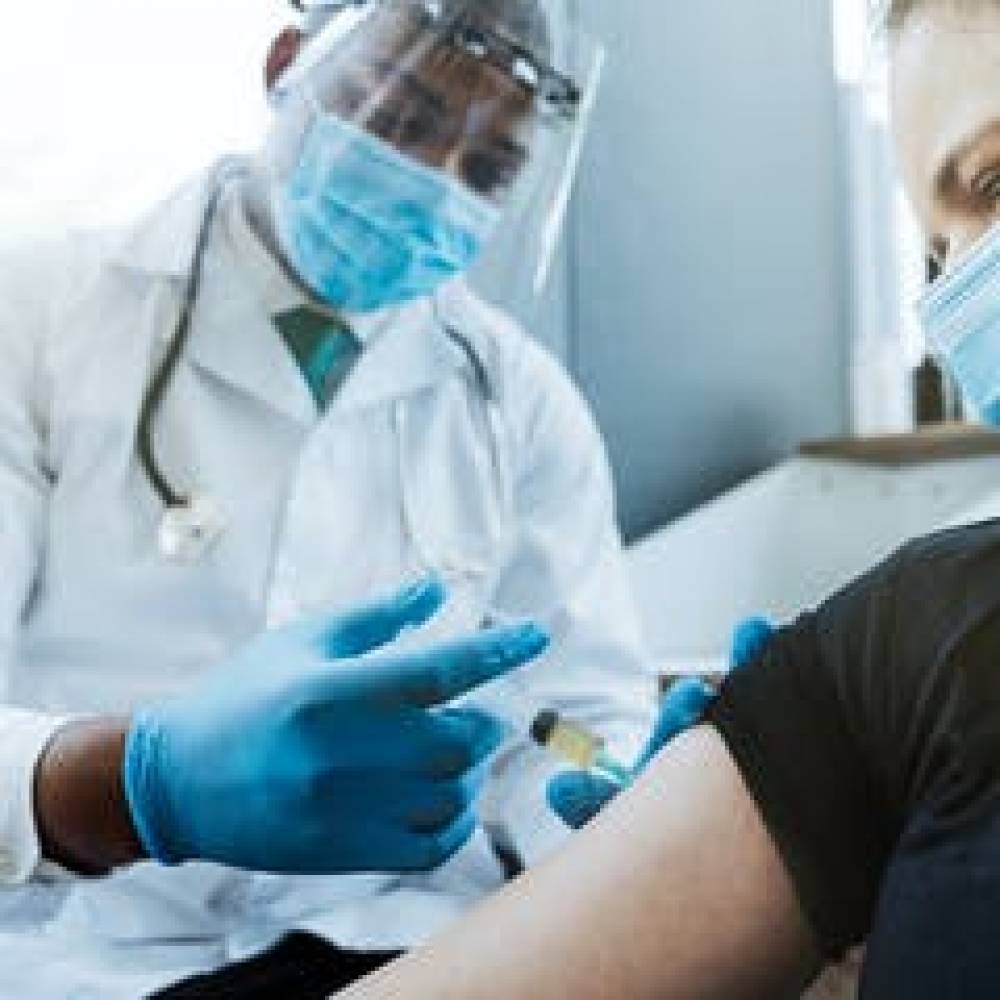The South-East Asian (SEA) region is predicted to need an additional 4,5 million qualitatively trained healthcare professionals by 2030. WHO (2014) indicates, amongst others, two important elements of workforce development:
- access to information
- quality basic and in-service education.
Access to up to date, high-quality health information is often fragmented or unavailable (e.g. behind a paywall), also in SEA where this consortium has its focus. Furthermore Health Sciences academic staff, who have the needed scientific expertise, are not spread out evenly and lack ways to transfer their knowledge to a broad group of end-users, such as other teachers, students and healthcare professionals. Still an important scale-up potential exists if we can bundle health information and open up this expertise through innovative, digital information platforms. Developing digital platforms is an affordable and sustainable method in SEA with its fast-developing knowledge-based economy and knowledge-sharing culture. At this moment, only a limited number of such platforms exist. The current platforms are not contextualized for the SEA region in particular or for resource-constrained settings in general. Furthermore, to efficiently use such digital resources or access online learning, healthcare professionals need professional digital and knowledge management skills, which are often lacking at the moment.
Mutual collaboration between Indonesia and Cambodia, the two Partner Countries in this consortium, are beneficial because of their different HE history and current economic status. Indonesia is the largest country in SEA in terms of area and a lower middle-income country while Cambodia is on the list of the ‘Least Developed Countries’, is one of the smaller countries in SEA in terms of area and has the lowest GDP per capita in the region (IMF October 2018 estimates).
In Indonesia, innovative pedagogical techniques in Health Sciences (e.g. problem-based learning) have been implemented. Currently, there is a demand to integrate digital pedagogical innovations into the curriculum. In Cambodia, the need to innovate health education is also present. Implemented techno-pedagogical innovations should be student-centred and research-based to be effective. There is a need to develop a vision on techno-pedagogical innovation within HEIs.
In Cambodia, there is a need to improve the service of and access to health libraries. In Indonesia, specialized health librarians already guide staff and students to access OER and open access scientific information and efficiently manage online institutional repositories. Health librarians play a role in knowledge brokering through their support of academic staff and publishing expertise. Health librarians also play an important role in outreach activities2 towards healthcare professionals and the community. There is a need to develop a vision on health librarianship incorporating these elements within HEIs.

Leave a Reply